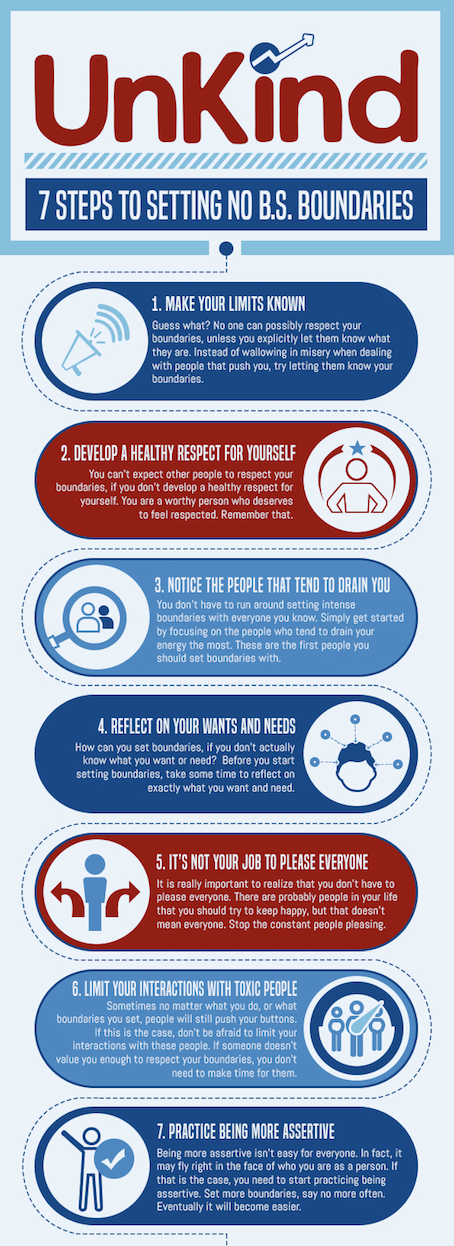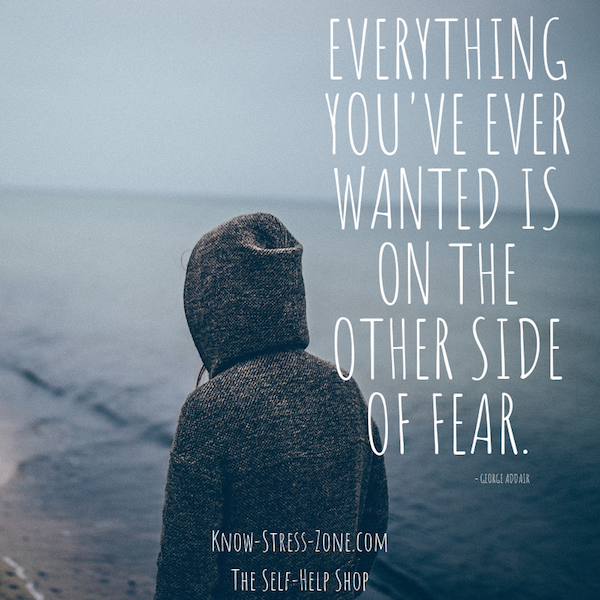The Stop People Pleasing Action Plan: Say No
Say No to being a people pleaser! Your days of being a people pleaser are over. From here on out, you’re going to learn a new way to think about being nice – without being ground into the dirt for doing so.
The 4-Step Stop People Pleasing Action Plan:
|
1. Why are you saying ‘no’?
A clear understanding of why you’re saying no means it is less likely you can
be talked into changing your mind.
A strong resolve, well thought out and understood, will make your ‘no’
confident and strong enough to stand on its own.
2. Don’t say ‘no’
immediately
Tell the other person
you need time to think. It creates a little distance, which helps you to see
the situation clearer and become a bit surer of your answer. It also keeps you
from being bullied into an immediate response.
3. Watch your wording
Are you telling people
you can’t do something or won’t do it? ‘Won’t’ puts people on the
defensive and invites an argument. ‘Can’t’ implies that if the situation were different, you would be glad to help. A ‘no’
expressed goes a long way toward diplomacy.
Why is this important? Mostly because the main reason people hate saying ‘no’ is because they don’t like confrontation. They are often afraid that turning someone down is going to create an uncomfortable situation. Having the right words that keep the situation from turning unpleasant should make your ‘no’ that much easier to say.
4. Drop the long
explanations
Telling the other
person all the reasons why you’re saying ‘no’ only makes you look insincere, or
that you’re giving excuses. Remember, you don’t need to offer anything more
than a simple ‘yes’ or ‘no.’ If you want to say anything extra at all, keep it very simple. Instead of, “I can’t make that weekend, my daughter is in a
dance recital” stick with “I can’t make that
weekend.”
5. Look for the compromise
Maybe you don’t want to
chair the committee, but you don’t mind serving on the committee in another capacity. That enables you to couple your ‘no’ with an alternative
suggestion.
6. Remember you’re
refusing the other person, not rejecting them
It’s not personal, nor
should it be. There’s nothing wrong with telling someone ‘no,’ nor should it impact your relationship with
them. If it does, then it’s possible the relationship wasn’t healthy to begin
with.
7. In the case of repeat
askers, put yourself in their shoes
Why are they asking
more than once? It’s possible that they feel as though no one is hearing them.
Try repeating back what they’re asking when you give their reply so that they know they’ve been heard.
8. Say yes sometimes
While this seems an odd
thing to add onto a list about saying ‘no,’
stop a minute and think about it. Chances are you have some people in your life
that ask you to do things for them on a regular basis. Saying ‘no’ every single
time they ask isn’t good for any relationship.
Say ‘yes’ once in a while but only to the things you want to do. If you find
that you truly don't want to say yes to anything this person asks you to do,
then it's time to examine the role this person has in your life. Why are they
still there? It might be that you’ve outgrown this friendship, or never had a
strong relationship in the first place.
When you say no, as with anything in life, the most important thing to remember is that you need to be true to yourself first and foremost.
Anytime you agree to something because you think you ‘should’ for some reason or another, you’re compromising yourself. That isn’t healthy and will come to be something that you regret. Avoid that now by saying ‘no' to the things that you genuinely don't want to do.
|
Taking action and doing something about
the circumstances or things you don't like is very empowering. Think
back on a time when you've taken a stand or done something to change
your situation instead of complaining about it. I bet your confidence
went through the roof once you started talking action. |

